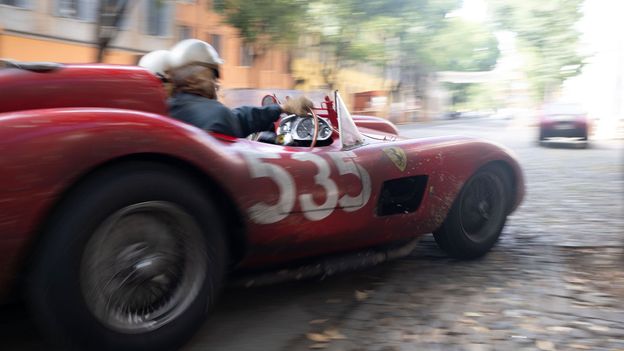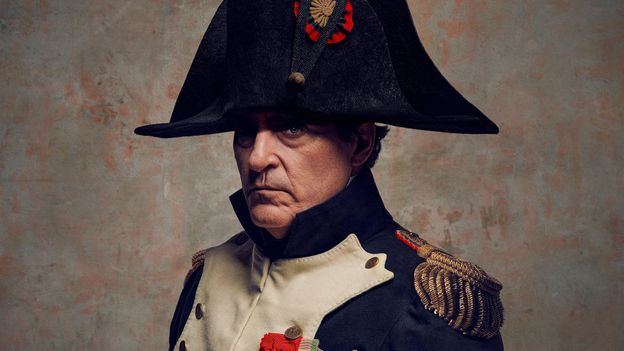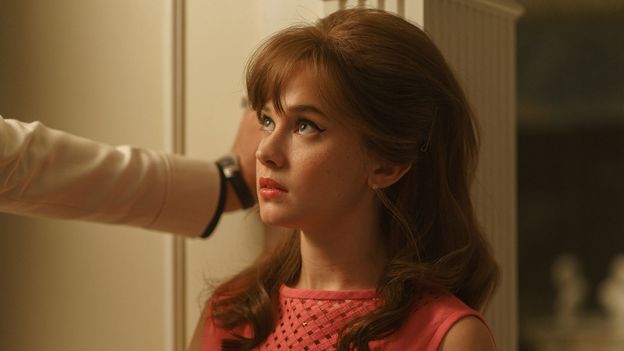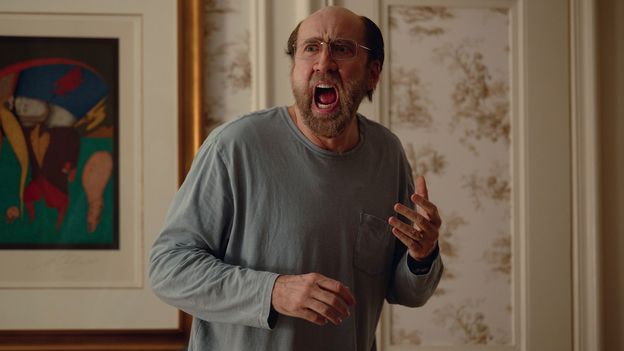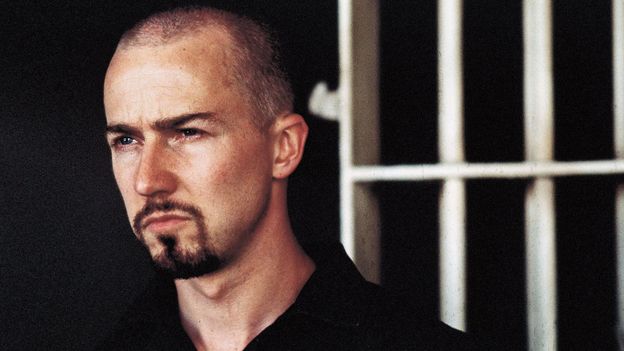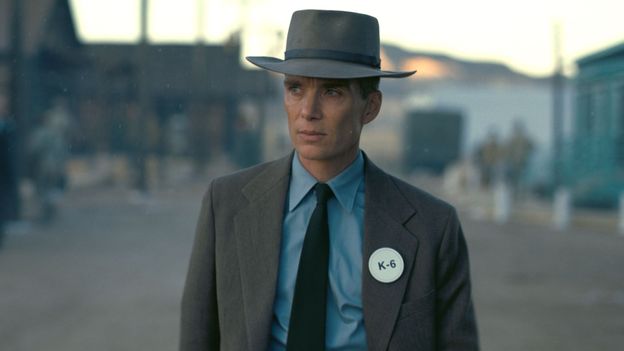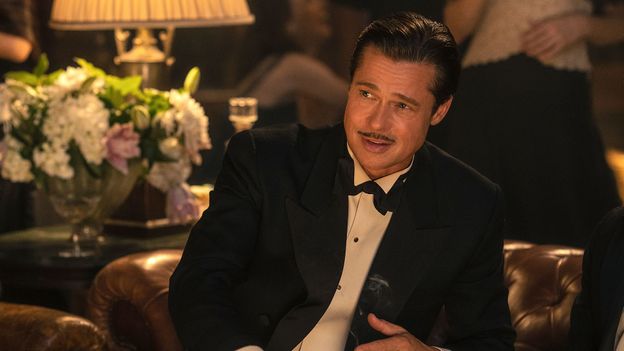The film’s two most vivid sequences involve horrific accidents that are guaranteed to have audiences gasping, so it doesn’t fudge how dangerous the sport can be. Ferrari’s new recruit, Alfonso de Portago (Gabriel Leone), only gets the job after watching his predecessor hurtle to his gory demise. But no one seems to mind. They shrug the fatalities off – and the film shrugs off the fatalities, too, which in one hideous case feels cruelly disrespectful. Perhaps Mann is simply reflecting the callous motor-racing mindset of the period, but Ferrari’s team-members are a weirdly sleepy, passionless bunch. They’re all so unenthusiastic that you may feel entitled to ask why the drivers risk life and limb, and why Enzo himself is so intent on winning. Why, having lost a brother and son to illness, is he so relaxed about sending young men (and sometimes unlucky spectators) to their deaths?
Who knows? For all his legendary achievements, he comes across as a grumpy provincial middle manager. Cruz gets to clump around town scowling at people, but she doesn’t convey what Laura thinks about the company she helps to run. And Jack O’Connell pops up as an English driver, Peter Collins, but he is given almost nothing to say except the immortal line, “Thank you, old bean.” To put it in the most appropriate terms: it’s hard to see what drives any of them. The racing sequences have enough energy and jeopardy to raise the pulse rate, but the rest of Ferrari… well, surely a film about high-speed cars shouldn’t pootle along as slowly as this one does.
★★★☆☆
If you liked this story, sign up for the weekly bbc.com features newsletter, called The Essential List. A handpicked selection of stories from BBC Future, Culture, Worklife and Travel, delivered to your inbox every Friday.
If you would like to comment on this story or anything else you have seen on BBC Culture, head over to our Facebook page or message us on Twitter.

